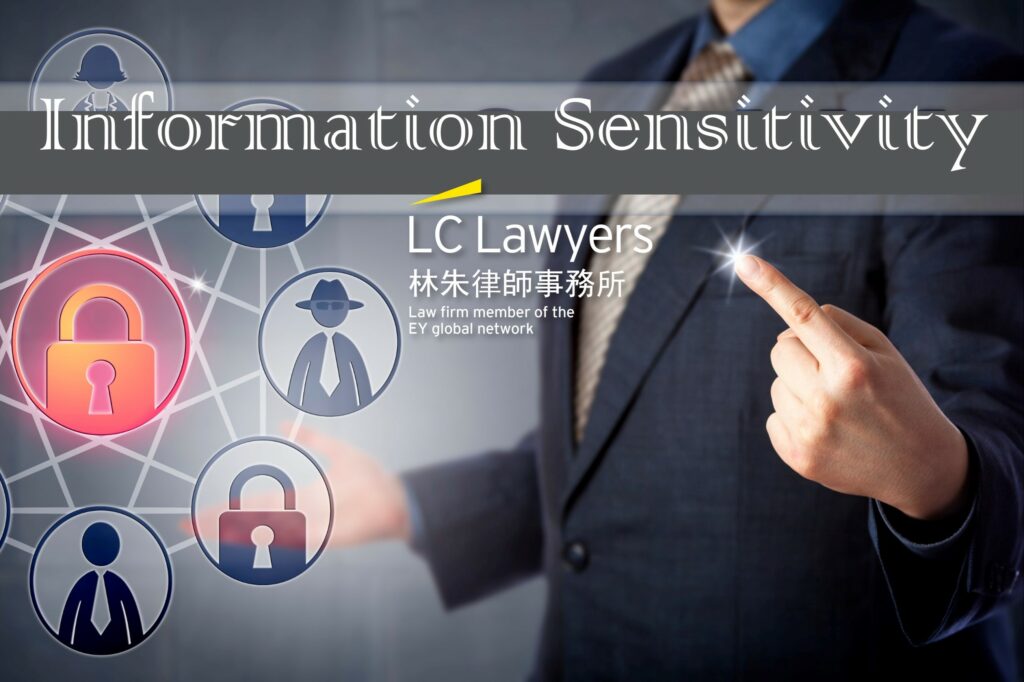

Since 2010, the Global Law Experts annual awards have been celebrating excellence, innovation and performance across the legal communities from around the world.
posted 1 year ago
On 4 January 2023, the Hong Kong Court refused to grant a springboard injunction against a former employee to protect the employer’s confidential information in the recent case of DCL Communications Ltd v Lam Yim Chi Julia and another[1].
A springboard injunction removes any advantage a former employee or his subsequent employer may have obtained by misusing his former employer’s confidential information. An ordinary injunction is ineffective since the confidential information has already been used and may no longer be confidential.
The court will grant a springboard injunction if the applicant former employer can show:
The aim of the injunction is to restore the parties to the competitive position they would have occupied had the misconduct not occurred. The injunction should not be used to penalize the former employee and should not put the former employer in a better position than had there been no wrongdoing in the first place.
The employee (Lam) was employed by DCL Communications Ltd (DCL) as an account executive responsible for dealing with DCL’s clients. She left DCL in September 2019 and was hired by a new employer 19 months later. Around December 2021, DCL lost its maintenance contract with a long-standing client.
DCL realised that the original sale contract with that client had been handled by Lam. A different client informed DCL that Lam, on behalf of her new employer, had attempted to sell similar services and products that DCL offered. DCL suspected that Lam had attempted to entice away its clients when the maintenance contracts were due for renewal.
DCL applied for a springboard injunction to stop Lam’s new employer from using or disclosing any of the DCL’s confidential information including client list, expiry dates of DCL’s contracts with its clients and DCL’s profit margins for each contract (Confidential Information).
No unlawful behaviors
There was no evidence that Lam had misused any Confidential Information. Without any restraint of trade covenants, Lam was entitled to solicit business from DCL’s customers and use the same for her own purposes any information she carried in her head provided that the information was acquired honestly in the ordinary course of her employment, and she had not stolen, copied or deliberately memorized such information.
Competitive advantage is not short term
There was no evidence that the Confidential Information would still be useful after 19 months when Lam started working for her new employer or after three years when DCL applied for the injunction. The contracts would already be renewed and any information about profit margin would be outdated thus any competitive advantage would not be present.
No unfair competitive advantage
There was evidence that DCL’s clients usually ask for multiple quotations before renewing a contract. In some cases, DCL’s clients approached Lam and not the other way round. There was also evidence that competitors other than the new employer managed to provide quotations with a significantly lower price than DCL.
Monetary award would be adequate
There was no unfair competitive advantage in this case. But if competitive advantage did exist, monetary damages would be adequate.
By Jacky Chan
Note: This material has been prepared for general information purposes only and is not intended to be relied upon as professional advice for any cases. Should you need further information or legal advice, please contact us.
_____________________
[1] [2023] HKCFI 98
Author


There are no results matching your search.
Resetposted 9 hours ago
posted 21 hours ago
posted 21 hours ago
posted 4 days ago
posted 4 days ago
posted 4 days ago
posted 5 days ago
There are no results matching your search.
ResetSign up for the latest advisory briefings and news within Global Advisory Experts’ community, as well as a whole host of features, editorial and conference updates direct to your email inbox.
Naturally you can unsubscribe at any time.
Global Advisory Experts is dedicated to providing exceptional advisory services to clients around the world. With a vast network of highly skilled and experienced advisers, we are committed to delivering innovative and tailored solutions to meet the diverse needs of our clients in various jurisdictions.